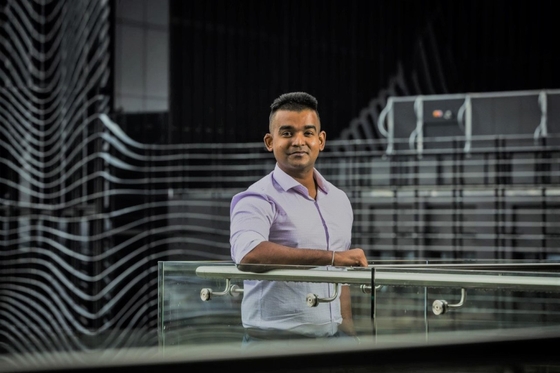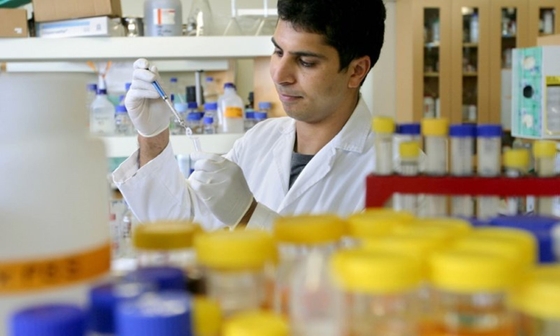A new therapy to protect our brain and kidneys during heart surgery requiring the heart-lung machine
/
A new therapy to protect our brain and kidneys during heart surgery requiring the heart-lung machine
Dr Yugeesh Lankadeva, Florey Institute of Neuroscience and Mental Health
2020 Vanguard Grant
Years funded: 2021-2022
Every year over 20,000 Australians have surgical operations to repair their damaged hearts that require the use of a heart-lung bypass machine. However, a major unresolved complication of heart-lung bypass surgery is that there is injury to the brain in about 50% of patients and there is injury to the kidneys in about 30% of patients. The development of post-operative brain and kidney injuries increases the length of hospital stay and the risk of in-hospital death and can in the long-term substantially diminish a patient’s quality of life. There are currently no effective therapies to prevent or reverse brain and kidney injuries after heart-lung bypass surgery.
A major barrier to the development of interventions to prevent brain and kidney injuries has been the lack of a clinically relevant animal model in which the entire patient experience, before, during and after heart-lung bypass surgery can be simulated for trialling new therapies. We have recently developed a clinically relevant large animal model in which we can continuously monitor blood perfusion and the amount of oxygen in the tissue of the brain and kidneys before, during the entire course of heart-lung bypass surgery and then during recovery from this operation. The aim of this project is to understand the pathological changes that occur within the brain and kidneys during heart-lung bypass surgery and to re-purpose a pre-existing clinically approved drug to reverse these detrimental effects. This would represent a true breakthrough in our ability to prevent post-operative brain and kidney injury, and greatly improve the health outcomes for these patients that currently lack any effective therapies.
You might also be interested in...

Keeping a close watch on brain and kidney health during heart surgery
More than 1,100 people are admitted to hospital for treatment of heart disease every day in Australia.

Harnessing the power of Vitamin C to improve the cardiovascular management of septic shock
Associate Professor Yugeesh Lankadeva, The University of Melbourne - 2021 Vanguard Grant

Dr Ying Wang
Dr Ying Wang, Institution: University of New South Wales
Last updated20 May 2024